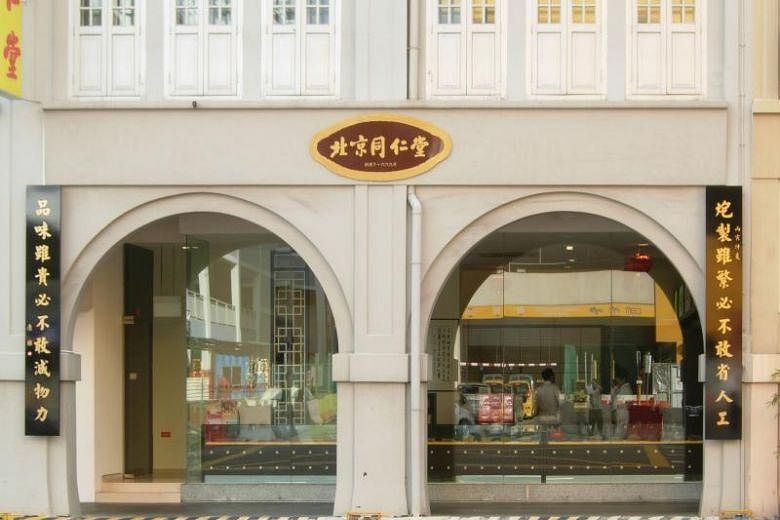The world's largest producer of traditional Chinese medicinal (TCM) products, Tong Ren Tang, is in hot water after an investigative TV programme found that expired honey under its label was being recycled.
Investigative reporters from the Jiangsu Broadcasting Corp found hundreds of bottles of expired or near-expired honey with the Tong Ren Tang label taken to a factory in Binhai, Jiangsu province in China, where workers poured them into vats.
A staff member of Yancheng Golden Bee Food Technology, the honey supplier of Tong Ren Tang, said the expired honey would be recycled as feed to raise bees.
But the programme claimed the vats were taken to a raw material storage facility where the honey could be repackaged and resold. The authorities are now investigating.
Market supervision officials said on the programme that the company has flouted regulations in the past. In October, law enforcement officers found during a check that it had altered the production date on a batch of honey.
Founded in Beijing in 1669, Tong Ren Tang is a household name that has thousands of retail shops and clinics across China. It also has a significant presence overseas, including in Singapore, Malaysia, Hong Kong and the United States.
A spokesman for Beijing Tong Ren Tang's Singapore management, Mr Lee Seak Liang, said that he was unaware of the situation and that the brand does not sell honey at its five stores here.
Tong Ren Tang has served eight generations of emperors during the Qing Dynasty, and was inscribed as a National Intangible Cultural Heritage in 2006.
The listed state-owned enterprise issued an apology last Saturday, saying it has asked its manufacturer to suspend production and is investigating. It has also suspended sales of the affected products.
Netizens were quick to take the centuries-old brand to task, saying it had not only damaged its own reputation as a business, but also sullied the country's name.
China is the biggest honey producer and exporter in the world, accounting for as much as half the world's honey. It is, however, no stranger to food scandals, from baby formula laced with lethal amounts of melamine, to restaurants cooking with recycled "gutter oil".
According to the US National Honey Board, honey is susceptible to physical and chemical changes during storage, and often has a stated shelf life of two years for practical purposes.
Over time, honey may darken or lose its aroma or crystallise, it said.

